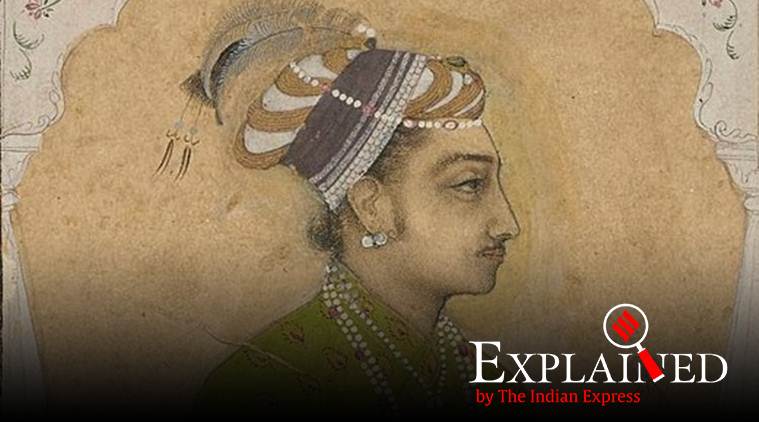
Supriya Gandhi almost gets into the skin of Shukoh – the man he was, how he embraced Sufism, and yet he wasn’t without his own flaws. Every detail of the family, to what the siblings felt, to Dara’s sense of being, and Aurangzeb’s personality (sometimes misunderstood as well) was perfectly laid out. There was not a single place in the book that seemed forced or unwanted.

Like I said, Gandhi’s writing is very accessible and doesn’t seem heavy at all. How did Aurangzeb ascend to the throne and what happened to Dara, and Shahjahan’s other children is what the book is about. The Mughals did not practice the concept of primogeniture (the right of succession passed to the firstborn). Shukoh was the eldest son of Shah Jahan, the fifth Mughal emperor. Dara died at the hands of his younger brother Aurangzeb, and that forever changed the course of South Asian History. A fascinating look of a family, the succession to the throne, and the politics that happened in its wake. It speaks of Shukoh, of whom less is written, much less spoken of. Pillai, and now a recent addition, Supriya Gandhi’s, “The Emperor Who Never Was: Dara Shukoh in Mughal India”. That’s the perception I had for the longest time of history books.

Reads that somehow seem to take a lot of time to process and take a lot from me as a reader.

Title: The Emperor Who Never Was: Dara Shukoh in Mughal India


 0 kommentar(er)
0 kommentar(er)
